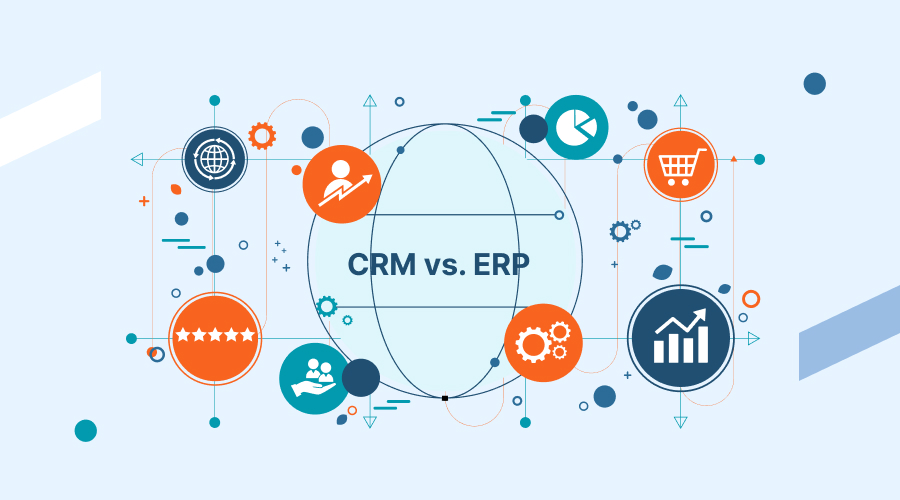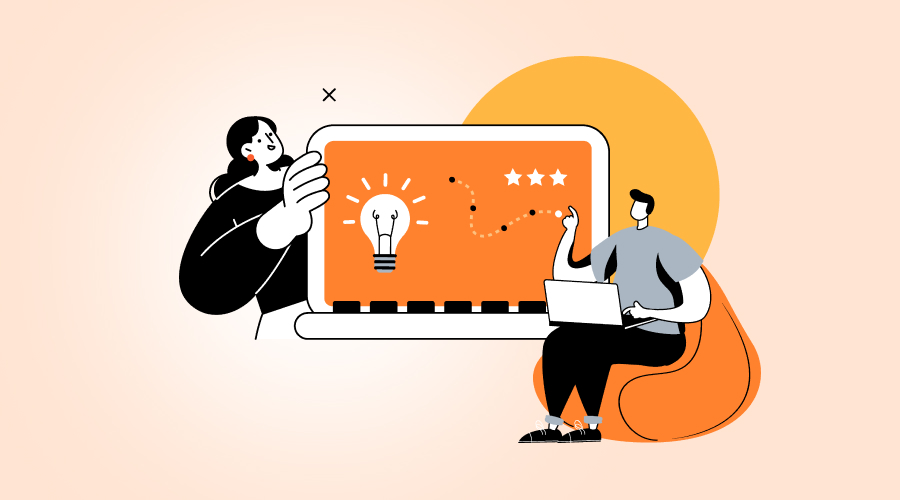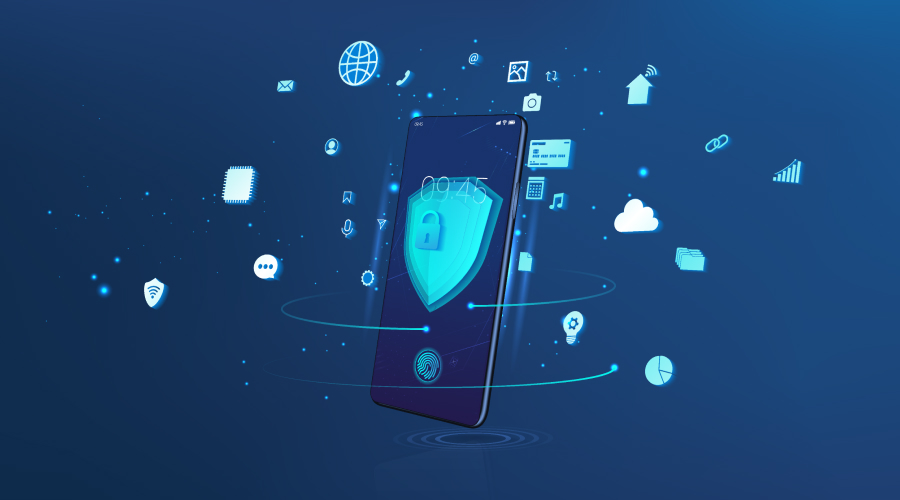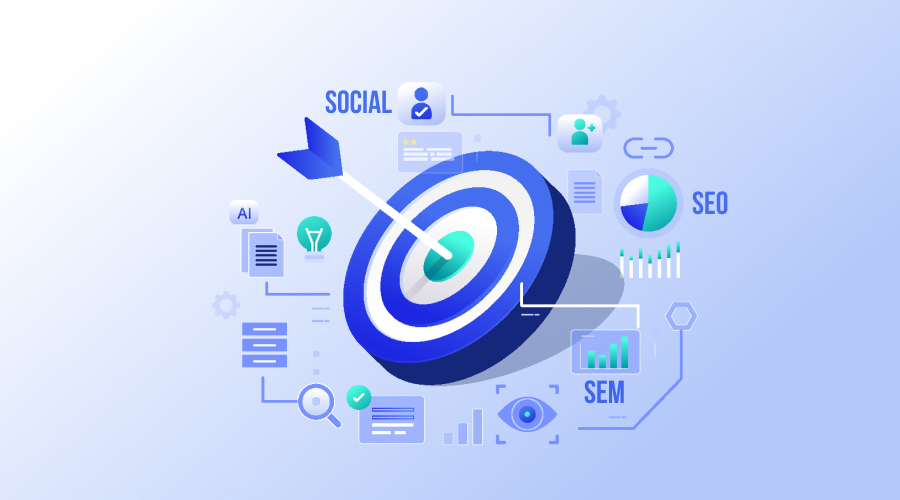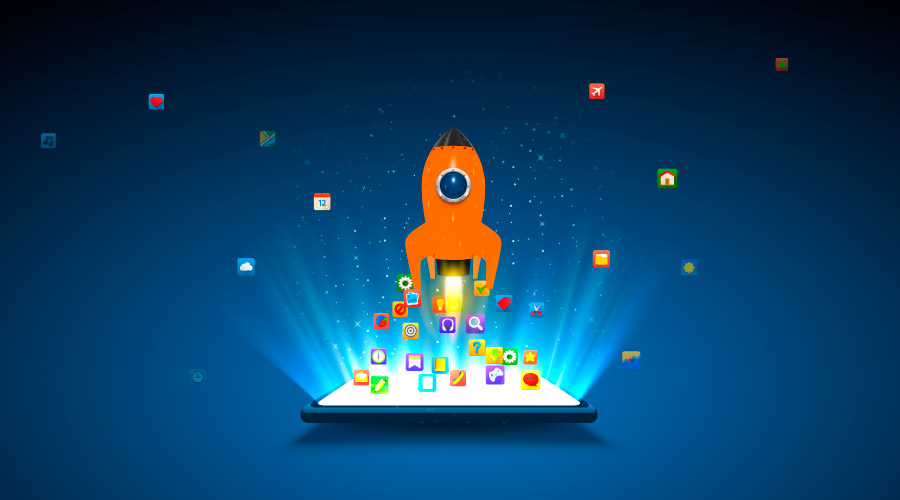Customer relationship management (CRM) and enterprise resource planning (ERP) are two major options for companies planning to simplify and improve their processes. Both are vital enterprise software solutions that connect data across various departments and automate manual, repetitive, and time-consuming tasks. They may have similar advantages and functionalities, but they are not interchangeable. Each solution comes with its own distinct purpose.
What is CRM?
Customer Relationship Management (CRM) software solutions help to manage all relationships and interactions of your company with customers and potential customers.
The aim is to improve business relations, make processes more efficient, and enhance profitability.
Key features of CRM systems include:
- Contact management
- Sales pipeline tracking
- Customer service and support
- Marketing automation
- Analytics and reporting on customer-related data
What is an ERP?
Enterprise Resource Planning (ERP) is a type of software that organizations employ to handle their everyday business activities.
This covers areas like accounting, procurement, project management as well as risk management, compliance, and supply chain operations.
Key features of ERP systems include:
- Financial management
- Human resources management
- Supply chain management
- Manufacturing and distribution
- Project management
- Business intelligence and reporting
Primary Focus: Customer vs. Operations
The most fundamental difference between CRM and ERP lies in their primary focus.
CRM systems have a core focus on customers. They are made to handle and evaluate interactions and details across the entire life cycle of a client. The aim is to boost customer service, keep them engaged, and drive sales.
ERP systems have their main focus on operations. They are made to manage and unite all crucial sections of a business, like planning, purchasing, stock, sales, promotion, or marketing finance, as well as human resources. The goal is to offer a unified system for managing business procedures across the entire organization.
Data Management and Integration
CRM systems focus on customer-centric information such as contact details, communication records, sales prospects, and customer service interactions. These systems provide a comprehensive view of customers, enabling businesses to customize their approach and improve customer satisfaction.
On the other hand, ERP systems handle a wide range of data, including financial information, human resources records, supply chain metrics, and operational indicators. The main objective of ERP systems is to integrate data from various departments to provide a holistic view of business operations and support data-driven decision-making across the entire organization.
CRM systems usually concentrate on bringing together customer-related information from various sources, like social media platforms or marketing campaigns. They offer tools to analyze this data in order to enhance engagement with customers and foster loyalty towards the company brand.
ERP systems excel at integrating overall business operations such as sales forecasting, inventory control, and production planning into a single, unified view. Their strength lies in ensuring that all functions across an organization work harmoniously together.
User Base and Accessibility
The user base and accessibility of CRM and ERP systems also differ significantly.
Customer Relationship Management (CRM) systems are mostly used by departments that interact with customers, like sales, marketing, and customer service. These systems are generally easier to use. They are designed for employees who require quick access to customer details.
On the other hand, ERP systems are used by various users across the organization, including finance, human resources, operations, and upper management. Due to their extensive nature, ERP systems require more comprehensive training and are generally more challenging to master compared to CRM systems.
Customization and Flexibility
CRM and ERP systems provide customization options, but to varying extents and focuses.
CRM systems often have greater flexibility and customizability, particularly in sales procedures, client communication processes, and reporting. This adaptability permits businesses to shape the CRM according to their precise customer involvement methods.
ERP systems frequently need greater modification to match a company’s unique operational processes. Although this customization may be potent, it can also be more intricate and take longer than CRM customizations.
Implementation Time and Complexity
The time and extent of complexity during the implementation process for CRM and ERP systems can be very different.
CRM systems usually have a faster and simpler introduction process. Many of the up-to-date CRM solutions are made for cloud use, which means they can be set up in a quiet manner. For small to medium-sized businesses, this often takes just a few weeks to a couple of months.
Implementations of ERP systems are generally more complicated and take longer. They frequently need a lot of planning, re-engineering processes, and managing changes. Implementing ERPs can range from some months to one year or even more, depending on the organization’s size as well as its operational intricacy.
Cost Considerations
The cost structures for CRM and ERP systems can differ significantly.
CRM systems, in general, are more affordable to operate and manage. A lot of CRM solutions have a pricing model that consists of subscriptions, which makes them reachable for all types of businesses. The whole cost that comes with owning and using a CRM system is usually less than that of an ERP system.
Usually, ERP systems require more upfront investment and ongoing costs. The broad scope of ERP systems, together with necessary customizations and integrations, can cause a higher TCO. Yet for big organizations that have complicated activities to manage, the advantages may be more valuable than the expenses.
Scalability and Growth
You can expand both CRM and ERP systems as your business grows. However, they assist in different aspects of growth.
Customer Relationship Management (CRM) systems are very good at handling the expansion of customer-related activities. When the number of customers increases, a CRM can help manage more interactions with them, keep track of additional sales possibilities, and offer understanding to enhance relationships with customers on a larger level.
ERP systems are intended to help with the growth of businesses in general. They can handle more transactions, complex supply chains, and the inclusion of new units or locations. These ERP systems provide a base structure for managing operations as a company grows.
Integration Capabilities
While both systems offer integration capabilities, their focus and extent of integration differ.
CRM systems usually have good compatibility with marketing automation tools, email platforms, and social media management tools. These linked services improve the system’s capacity to offer a total understanding of customer engagements on different channels.
ERP systems usually possess more extensive integration capabilities, connecting with diverse business systems that include accounting software, manufacturing systems, and supply chain management tools. This wide connectivity smooths data movement through all the operations in a business.
Conclusion
Knowing the major differences between CRM and ERP systems is crucial, especially when you need to decide on the solution your business needs. Customer Relationship Management (CRM) deals with managing customer relationships and enhancing sales processes, whereas Enterprise Resource Planning (ERP) offers a comprehensive system for handling all business operations.
Many businesses agree that having a CRM and ERP system is essential to fully optimizing their operations. In these situations, the integration of these two systems can create strong synergies by combining data centered on customers with operational understanding to promote growth and effectiveness in business.
In the end, picking CRM or ERP (or both) depends on what your business requires. It also relates to the size of your business, its industry, and how it plans on growing. You can choose an application based on its strengths and special areas of focus. This will help you achieve your business goals, leading to a successful future for your organization.


